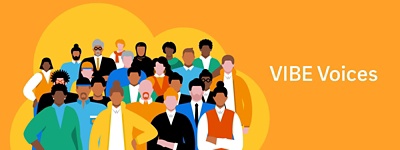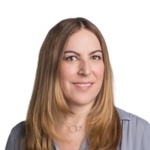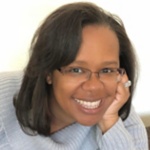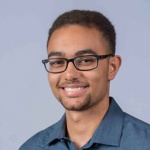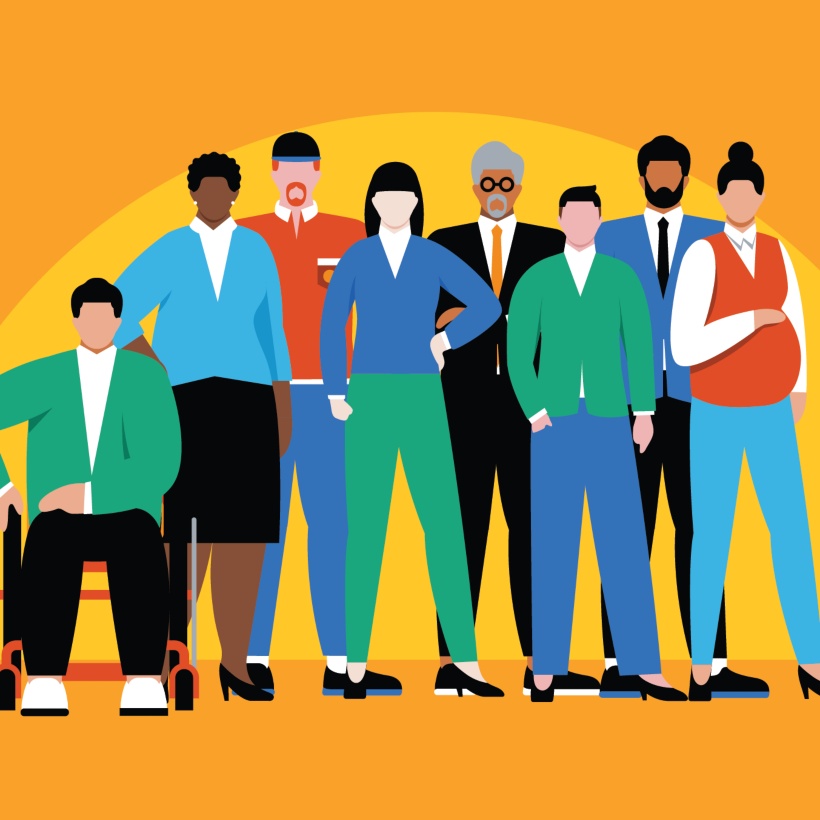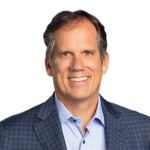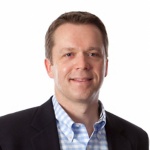And when it comes to mentorship, that's an interesting question, because I feel there's a lack of mentorship in what some refer to as invisible disabilities. I had a lot more support being someone who identifies as a Black professional. Other Black professionals would take me under their wing and invite me to networking sessions and client support networks for the Black community. So luckily I had those resources being part of the Black community, but I did not feel I had the same support for my neurodiversity. That's one of the reasons why I joined the PwD group—to help Workday build a support network that is by and for neurodivergent professionals.
What support do you get from the Workday PwD group?
Cole: Workday’s PwD group is led by folks with disabilities. That’s unique, because most disability groups I’ve encountered are led by folks with the best of intentions, but they’re often not representative of their members. One of the major reasons I accepted an offer from Workday, what sold me, was that the leadership within this EBC actually reflects its members. That gave me confidence. I felt that there was an opportunity for me to help out and share my perspective. And my perspective is valued here at Workday and within this EBC.
Jessica: I got involved as a parent of somebody with disabilities—that was the big catalyst. We have the Families @ Workday EBC, but I never felt like a lot of it applied to me, because I had a daughter who was very delayed. And I was introduced to two other women who also had children with disabilities. We put our heads together and decided we wanted to start the Caregivers of People with Special Needs group, because while we were a cousin to the PwD group and to the Families group, our journey as parents was very different, and it’s easy to feel alone. We might have a thousand different doctors’ appointments. I have to take my daughter to physical therapy or speech therapy or occupational therapy, or I have to step away from work because she has to have her teeth cleaned, and it takes longer than a typical dentist appointment.
You can have feelings of guilt when you have to leave work every week for the same appointment for your child. Not everybody's going to have a doctor's appointment every week. My passion for Workday started there, because we can really help provide a soft place to land. Providing that space was really important to those of us who launched CoPS.
It’s also important to provide a place for people to ask questions, and in the case of PwD, that’s true whether they disclose their disability at work or not. We’ve had strong executive support—EBC sponsors who are willing to take an important message to our people leaders, which is essentially, "Not everybody's journey is the same, and we need to have grace for that."
Could you talk a bit about how having a safe space for people with disabilities is important to a feeling of belonging at Workday?
Cole: As a young professional, having the opportunity to talk to folks with experience, who are also neurodiverse, that's unique. Having those conversations really does help. You can ask certain questions you might not feel comfortable asking another Workmate. About accommodations, for example: How do you request them? How does your manager deal with your accommodation? For me, I like to have a stress ball at my desk. And I sometimes have repetitive movements, called stimming, that help me keep calm, and I can ask Workmates what they do to help get through the day.
That helps, because growing up, I didn’t have the opportunity to speak with an autistic professional. I didn’t have an example of how they navigate through the corporate world. Being a young professional, you need mentorship, because I still don't know a lot. It doesn't even have to be a formal mentorship. Just knowing that there's this group and folks you can talk to who've been through something similar, or someone like Jessica who's been such an advocate for herself, could really make it easier to navigate the workplace.
Jessica: The story I always come back to is when we were starting the CoPS group. We had a meetup, back when we could meet in person, and somebody came who had just received a diagnosis for her child. She never said a word in our entire meetup, and she cried the entire time. We'd all been there, and it was the most heartbreaking thing but also a beautiful thing, because she came to the next meeting, and we felt we were helping her get through the steps. There's grief, but there's celebration because you have a child. And you love that child, and they're no less than what you thought that they were. It’s just the journey's going to be different. In that moment, we were just so grateful to have created this space for people.
